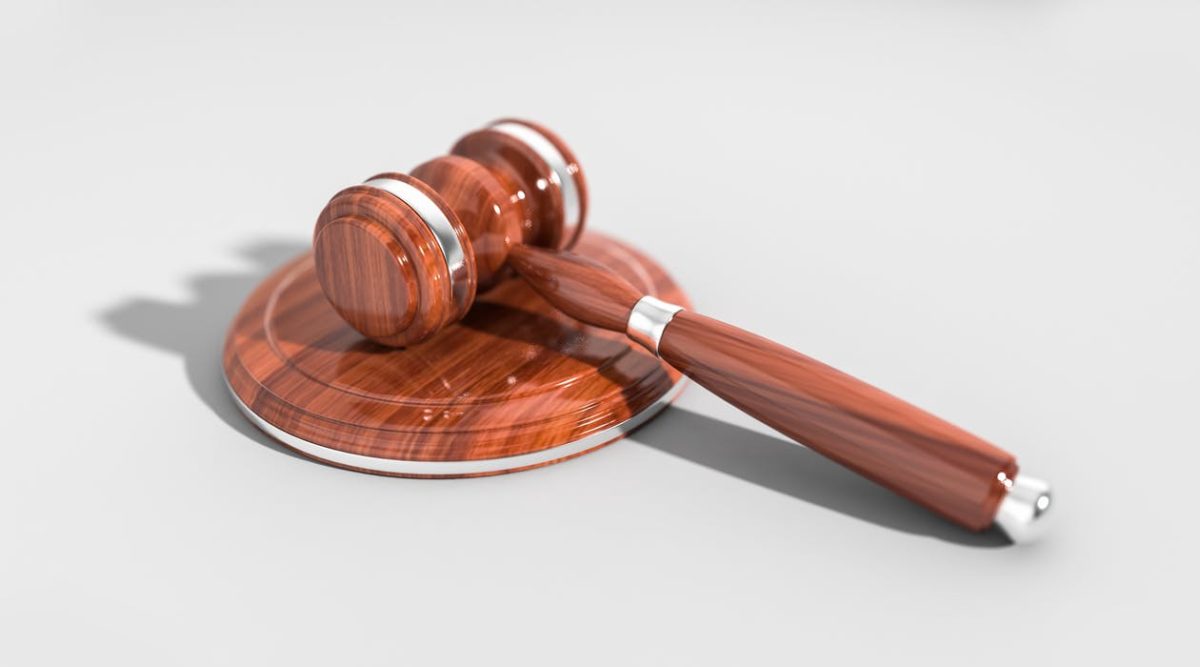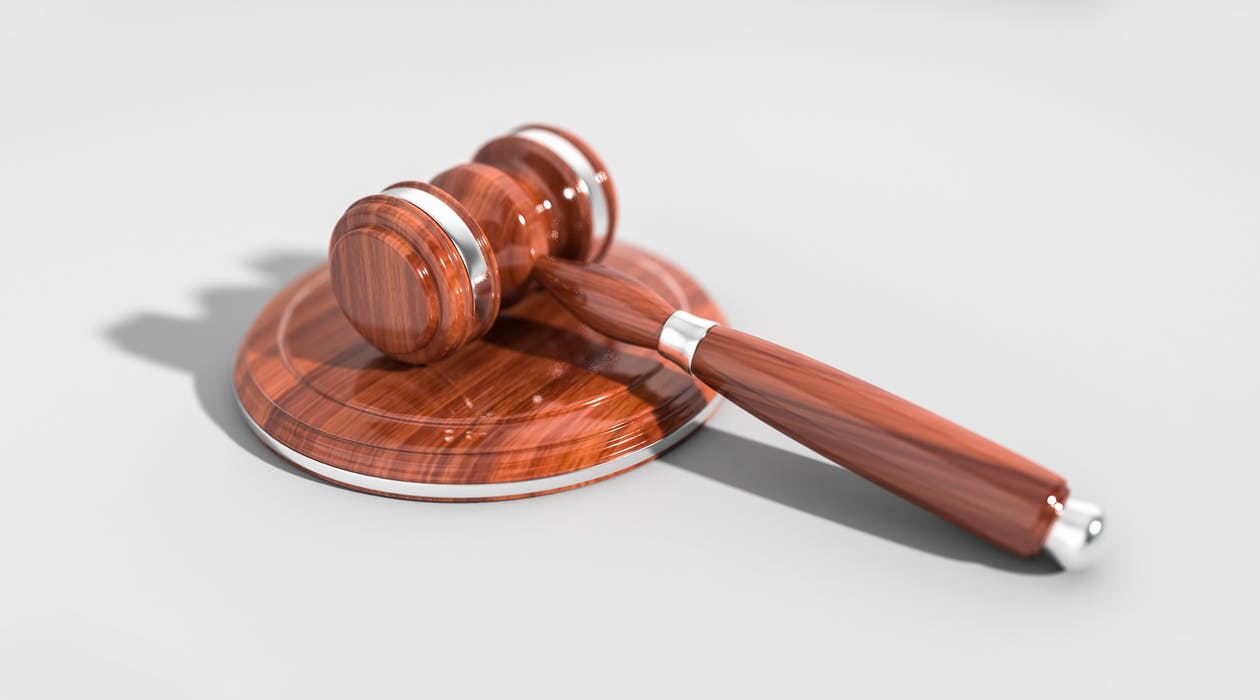Not Guilty: What to do if you are Wrongly Accused or Sued

The height of legal trouble is to be wrongly accused of a crime you didn’t commit or sued wrongfully or even maliciously. Sometimes this is the result of a business deal gone bad, or even an accident in which criminal charges are pressed against you or a member of your family.
The question is, what do you do next? The logical step is to hire an attorney who can help you in the area where you have been accused and they can give you the advice you need, but there are some things you need to be aware of and need to do on your own as well. Here is what to do if you are wrongly accused or sued.
Save and Gather any Evidence
First of all, if you run into any questionable situations, either civil or criminal, be sure to save any evidence that proves your side of the situation. Gather any related documents, emails, the timing of phone calls and other physical evidence that might support what you have to say.
If you are in an accident, take photos of everything, and gather insurance information, the name of any responding professionals including the police and EMT’s, and document any injuries whether or not you go to the hospital.
In the case of a lawsuit, start a file with any related documentation. Scan these whenever possible and create a digital copy of your file just in case. Only give copies to attorneys and be sure to keep copies of anything they send you. Give your own lawyer everything, even if it seems like it might hurt your case. The other side will likely find it anyway, and having your attorney prepared is better than being blindsided in court.
Can You Get a Witness?
There are several types of witnesses in any trial, and you need to make sure you gather the right ones. While many of them can be found by your attorney, you know yourself and your situation better than anyone. Keep these types of witnesses in mind.
- Material witness: These are witnesses that actually either saw the events surrounding what you are being accused of, or who are a part of your business that have personal knowledge of your situation firsthand. The key is firsthand knowledge. This person will have been directly involved or directly a witness to your actions or dealings.
- Character Witness: This is someone who can attest to your character and honesty. The best person for this type of witness is not necessarily your friends or relatives, but people you have done business with specifically in the area where you stand accused.
- Expert Witness: This is usually someone who can testify to the fact that what you did in a given situation is what any reasonable person would have done in the same situation.
While your attorney will be the most helpful in categorizing each type of witness and each person’s expertise or value, you should give them a list of anyone you know who might fit into any of these categories. While witnesses do not replace evidence, they are certainly helpful in many circumstances.
Try to Negotiate
Sometimes, someone will file a lawsuit or take other legal action against you out of spite, and if you simply sit down and reason with them, you can come up with a more amicable solution. Sometimes they will be unwilling to sit down with you one on one, and that is when your attorney can recommend mediation. In fact, some states are requiring mediation in the case of divorce or small claims court.
Even if you have been wrong in some way, mediation can help both you and your accuser save money in court costs and come to some kind of solution that works for the two of you. A good mediator can help with this. Just be prepared for the process.
- Go in with a Best Alternative to a Negotiated Agreement (BATNA): For most people accused of something, this is a dropping of the lawsuit or the charges.
- Realize You May have to Meet in the Middle: A prosecutor may not drop charges, but she may offer you a plea on a lesser charge. A company may not drop a lawsuit but may settle for less money than a fight will cost you.
- Be Friendly: The worst thing you can do is approach a situation with a hostile attitude. Understand that negotiation means giving the other person room as well and letting them vent. Be prepared to offer something, especially an apology.
Regardless of the legal situation you face, a negotiated settlement is often possible. Be aware that while this may mean giving some ground on your part, it is usually less painful and expensive than a full-out fight.
Take it All the Way
You may not be able to negotiate. However, if you are not guilty, you don’t want to get stuck paying for something that is not your responsibility, or worse facing legal sentencing for a crime you did not commit.
In this case, you will want to appeal. In order to do so, you need to know the requirements to appeal any civil or criminal conviction, and you will need to get the right attorney. While you may have already hired an attorney for the original trial, a good appellate attorney will be needed to handle the intricacies of an appeal.
Hopefully, the original attorney you hired will be a part of a firm that also has appellate attorneys, and he can be a part of your appeal team. If not, he can probably recommend one to you who will best serve the needs of your case.
No one wants to face legal action of any kind. However, if you do, you will want to take steps to protect yourself. Hire an attorney, give them everything they need for your case, but try to negotiate a settlement if you can. If you have to, file an appeal. Just make sure you are prepared and have the right legal team in place.



One thought on “Not Guilty: What to do if you are Wrongly Accused or Sued”